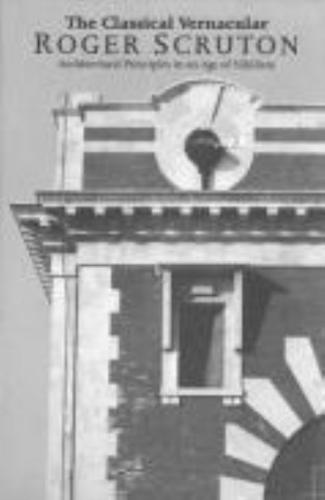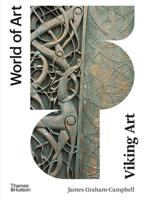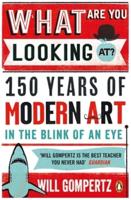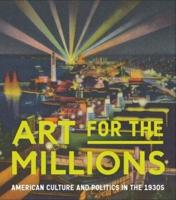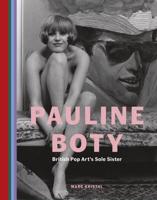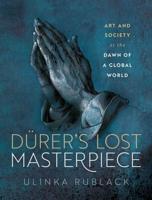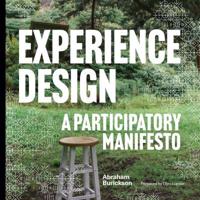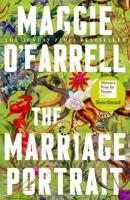Publisher's Synopsis
Roger Scruton is never less than forthright, and in his lucid and
challenging essays on architecture he anatomises the spatial imagination of
the age by analysis and comparison. The essays, from the perspective of
'the classical vernacular', explore the nature and meaning of architecture,
defending architecture without architects, and the 'vernacular tradition',
that 'vulgar tongue' which is the natural language of space, proportion and
light. He provides a comprehensive critique of modernism (not only the
heartless modernism of architecture) from a serious intellectual
perspective, based in a philosophical aesthetics which he has propounded in
earlier books including The Politics of Culture (1981), The Aesthetic
Understanding (1983) and The Philosopher on Dover Beach (1990), all
published by Carcanet in its collections of Scruton's major essays and
articles.
Scruton, Anthony Quinton declared, 'writes with great force and
freshness. He is humblingly intelligent. Above all, he is consistently
interesting.' In these essays written over the last decade and a half, he
proves Quinton right time after time. He looks at and through the work of
nineteenth- and twentieth-century architects and appraises not only their
achievement but the values that inform or distort their work in relation to
those of us who live in, or alongside, their structures.
This book includes over fifty illustrations.


